My maternal grandfather was an educated man, and cultured too. He had planned on a career as an opera singer in Europe — he had a wonderful voice — but his bride-to-be feared that he would stray while performing on the road (for good cause, I was told after his death) and insisted he become a stay-at-home cantor.
The two of them emigrated from Kiev to America, just before the Russian Revolution, and raised their family here. And, for part of the time, reared me as well. My grandfather taught me to read before I started school, while my grandmother taught me the finer points of casino, rummy and hearts. I adored them.
America was not quite what they expected. They were Orthodox Jews who assumed their children would follow in the traditions they knew so well: Judaism and Jewish culture. But they were now in a new world, one where change was the constant in life. My uncle — the oldest child — was gifted musically and journeyed back to Europe, Vienna first and then Moscow, to study. He returned a professional violinist and a communist. He loathed religion, though thought of himself as a passionate Jew, and would pick a fight with my grandparents about the evils of capitalism, Zionism, Judaism, even — do not laugh — the giving of Chanukah presents.
Everyone in the family had to study a musical instrument, but my aunt — rebellious by nature — threw it over and became an artist. Shortly after she turned 18, my aunt moved to St. Marks Place, in New York’s East Village, but returned each week for Shabbat dinner with a towel over her shoulder. When I inquired about the towel, she explained to me that her bathtub was in the kitchen and there was no shower in her apartment. That’s why she came every Friday evening — to shower.
She took up with a Norwegian artist and insisted on bringing him along on Friday evenings. My grandmother objected. He was not Jewish, so my aunt was no longer welcome. It was my grandmother, after all, who ran the family.
But I listened with wide eyes one evening as my grandfather, without once raising his voice, said no, leaving little room for argument. “I am not ready to lose my daughter,” he said, and that ended the discussion. My aunt and her Norwegian lover came for Shabbat dinner every Friday evening after that until, finally, they found an apartment with a shower.
Despite his children’s first thrust into America, I doubt my grandfather ever thought his grandchildren would not be Jewish. The rate of intermarriage was small in those days, and anti-Semitism far outweighed philo-Semitism. We were outsiders in America. It was, therefore, a subject that rarely surfaced, my aunt’s behavior notwithstanding.
I know that when my mother tried to send me to Hebrew school and I resisted (I was, like my aunt, rebellious), it was my grandfather who ruled in my favor. He took me along with him when he performed at weddings, which seemed to occur every week. And he talked to me about whatever was on his mind…or mine. Did I tell you I adored him?
Still, I do not think he would be surprised today to hear that the rate of intermarriage was somewhere near 52 percent, if you follow some pessimists, or 38 percent, if you go along with the optimists. The number is serious whichever figure is accurate. Nor do I think he would be startled or upset to discover that his grandson is more secular than observant; or anything but amused to hear that my grandchild, his great-great-granddaughter, at age 6, has just been enrolled in a Jewish day school.
Is it a good Jewish day school? he would ask. And I would answer affirmatively, waiting for his smile and the uplifting of the palms of his hand as he said, “So, that is what’s important.”
Of course, it is dangerous to generalize from one’s own experience. But it is also risky to infer a scenario and meaning from a set of statistics that tells us that in the last decade of this century, Jews are intermarrying in high numbers. What is missing from this alarming news? Only all the personal shadings, stories and generational biographies. In short, there is no context, no sense of history, no understanding of the nature of change.
My own family history bears much of this out. We did not change our last name, nor turn to rhinoplasty in an effort to be accepted as Americans. But the erosion of Jewish identity and of belief in Judaism began certainly in the generation of my aunt and uncle.
Intermarriage did not follow for a simple reason: We were outsiders. If you were a non-Jew, it was not all right for your son or daughter to marry one of us. Hence, the low rate of intermarriage. The only available family for us, therefore, resided in the Jewish community — despite the falling away of religious belief and the confusion over what was meant by Jewish identity.
I am suggesting that the horse left the barn decades ago — that many of the grandparents had ceased being Jewish long before the intermarriage rates began to soar. Religious observance flattened for many; Jewish identity became tied to the Holocaust and anti-Semitism, but otherwise was a blur.
By 1980, a new profile had begun to emerge: America had turned philo-Semitic, Jews had became an integral part of the Establishment, and there were no longer barriers to intermarriage on the part of non-Jews.
I do not know what the next decade, the next turn of the wheel, will bring for Jewish Americans. I only know change will occur. But I also know that adaptation, not assimilation, has been the key to our survival as a Jewish people.
At the moment, for many nonobservant Jews (those who intermarry, among others), identity seems linked to ethnicity. Being a Jew has become part of a search for a historical past, or for a spiritual life, or, simply, for a link to the old names and relatives who have disappeared from view. To be sure, some are indifferent, have not reached even that state of concern. But, given my own family history, I would never bet against their grandchildren. — Gene Lichtenstein









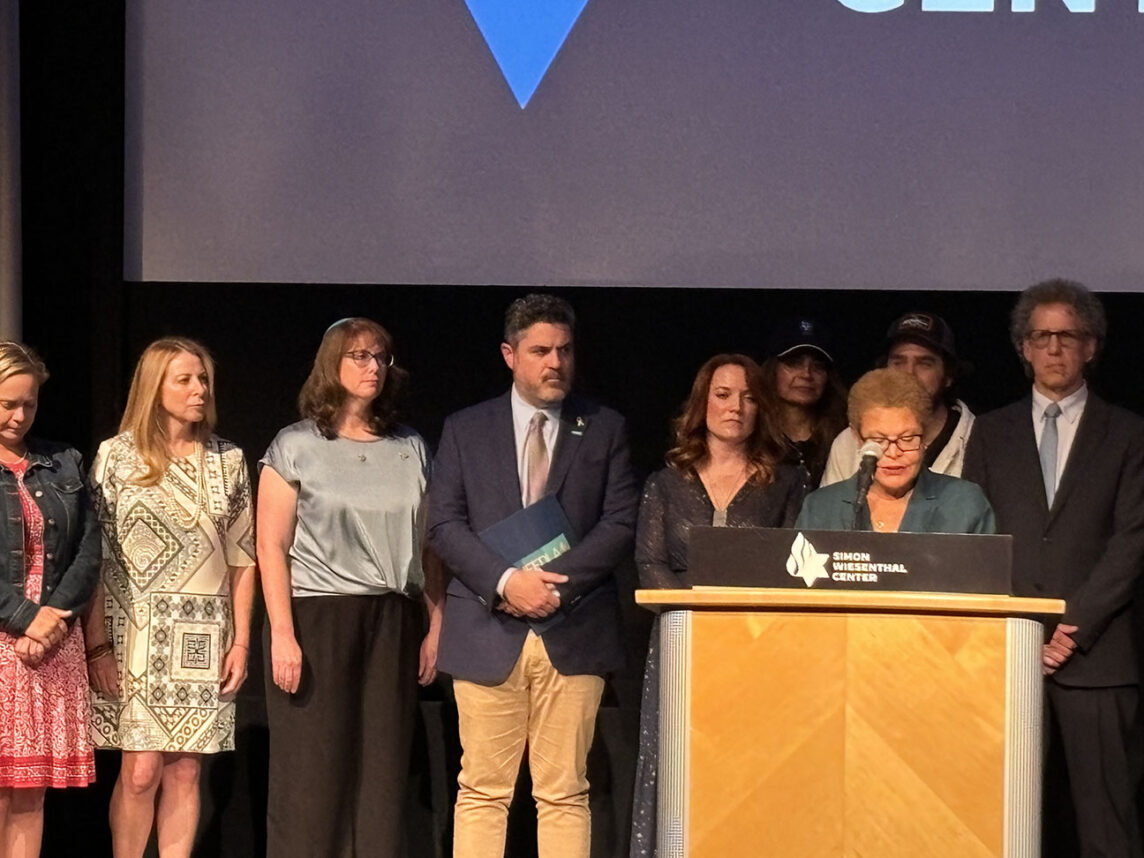
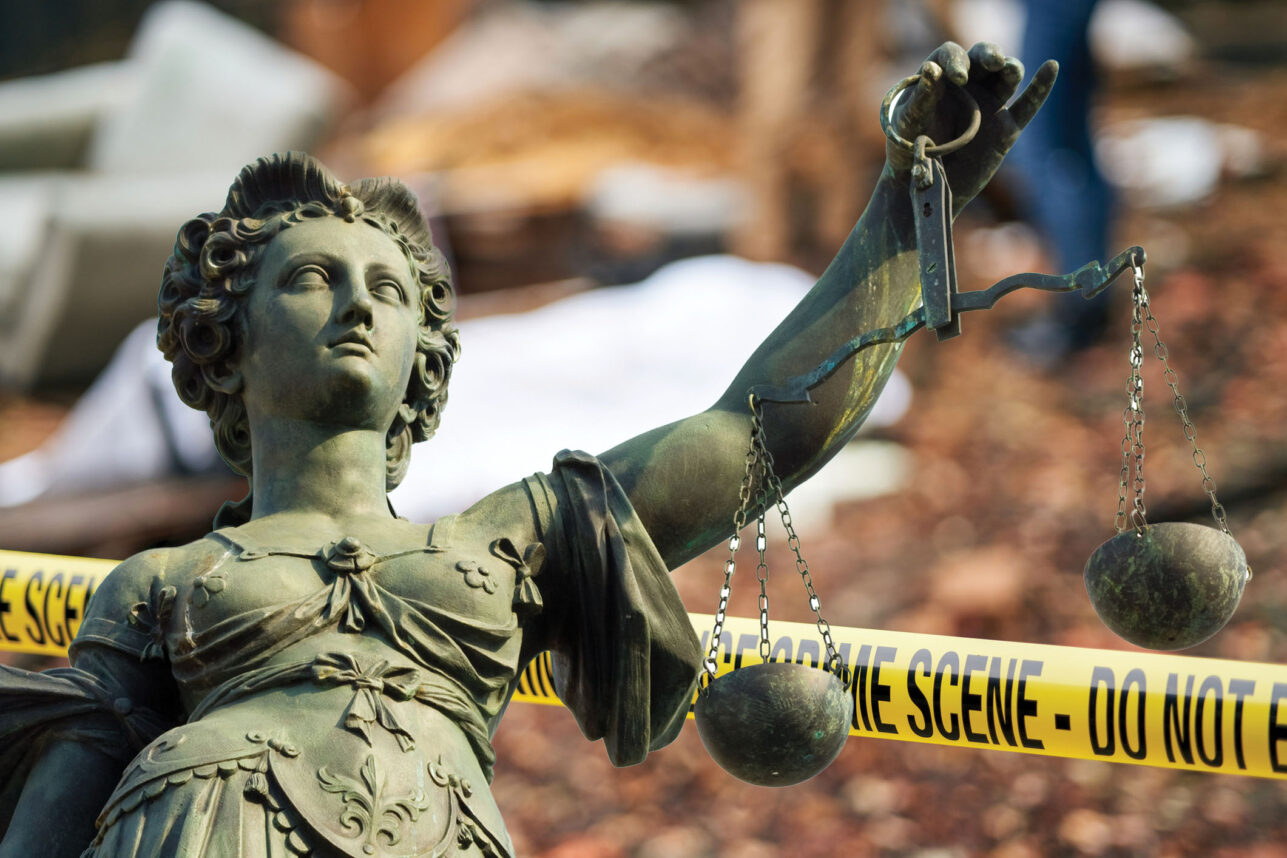
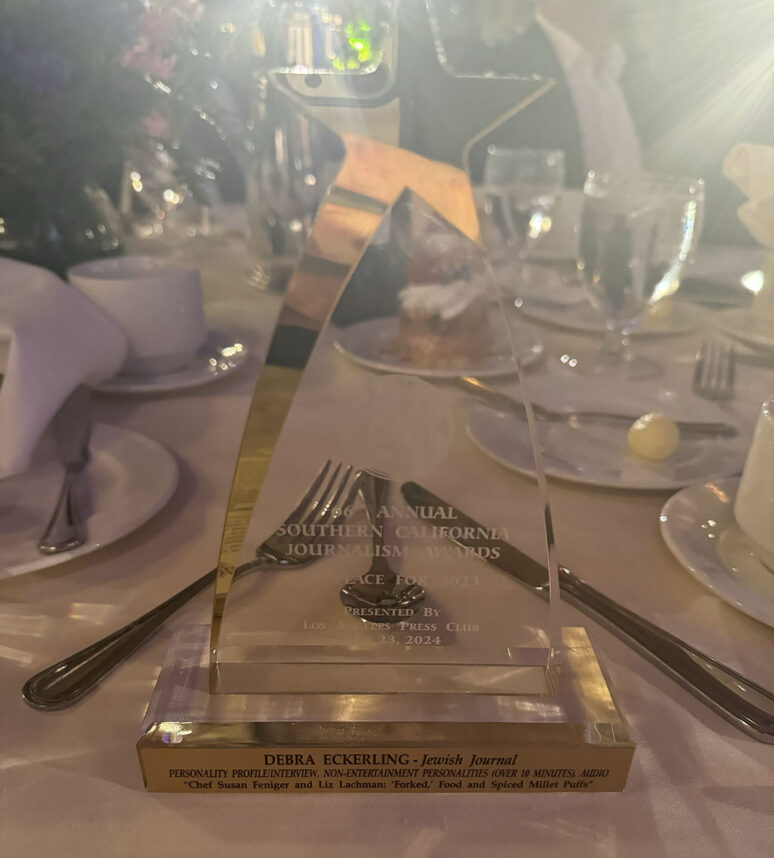


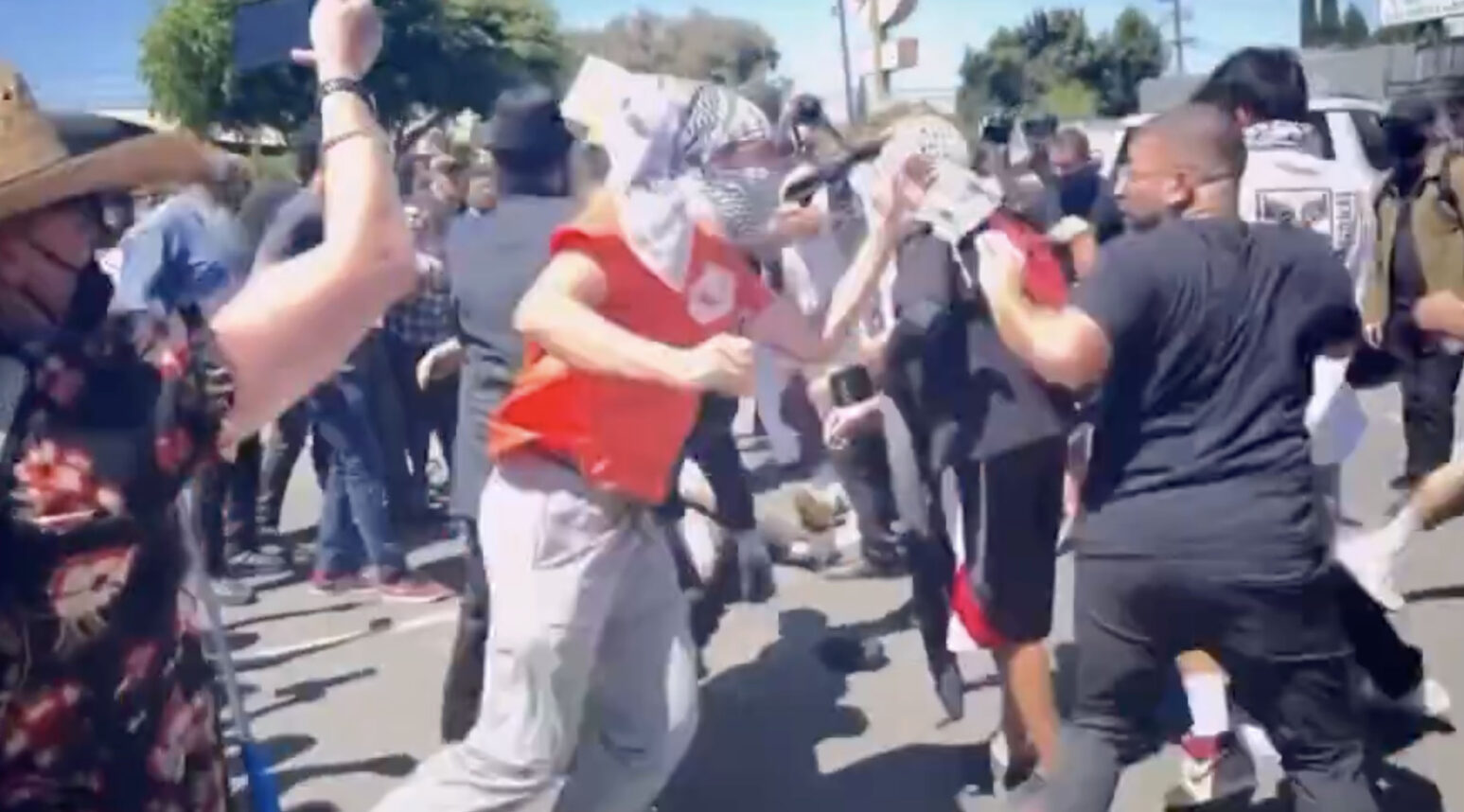



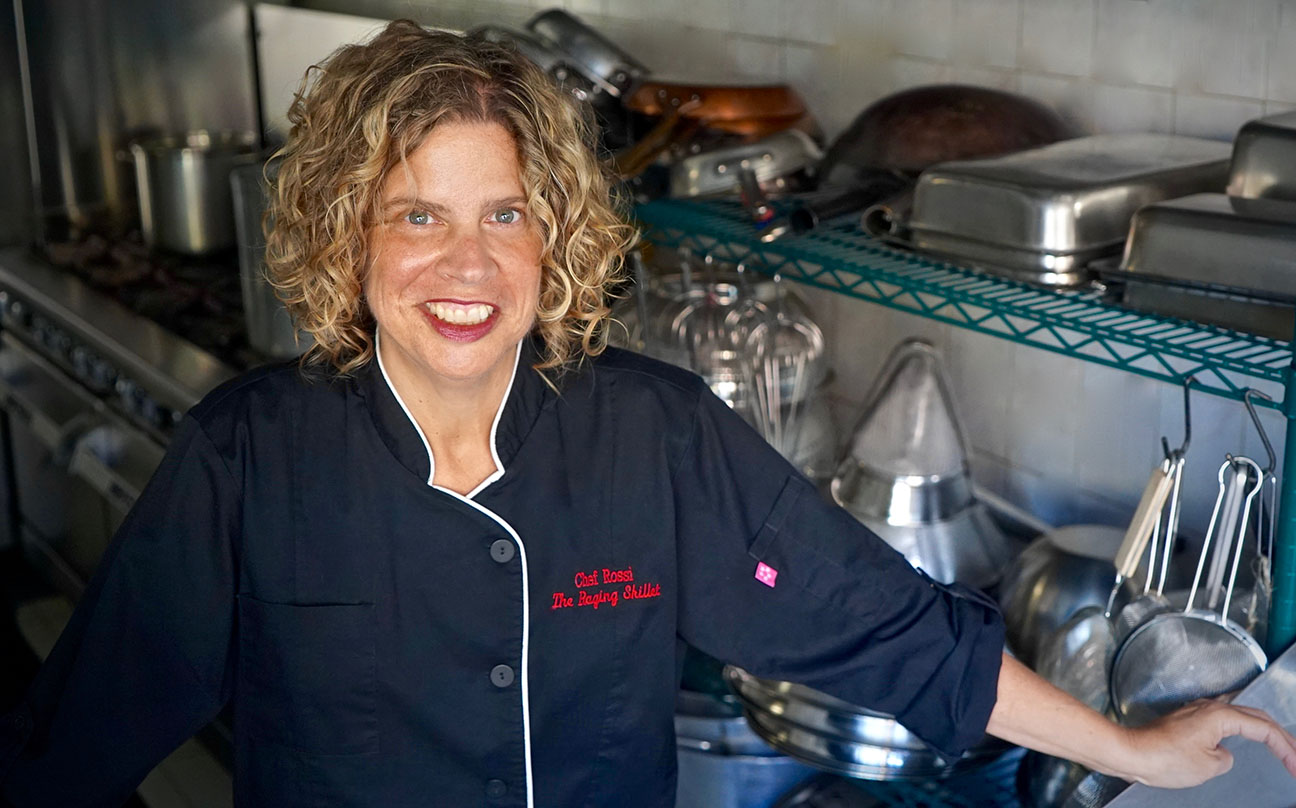
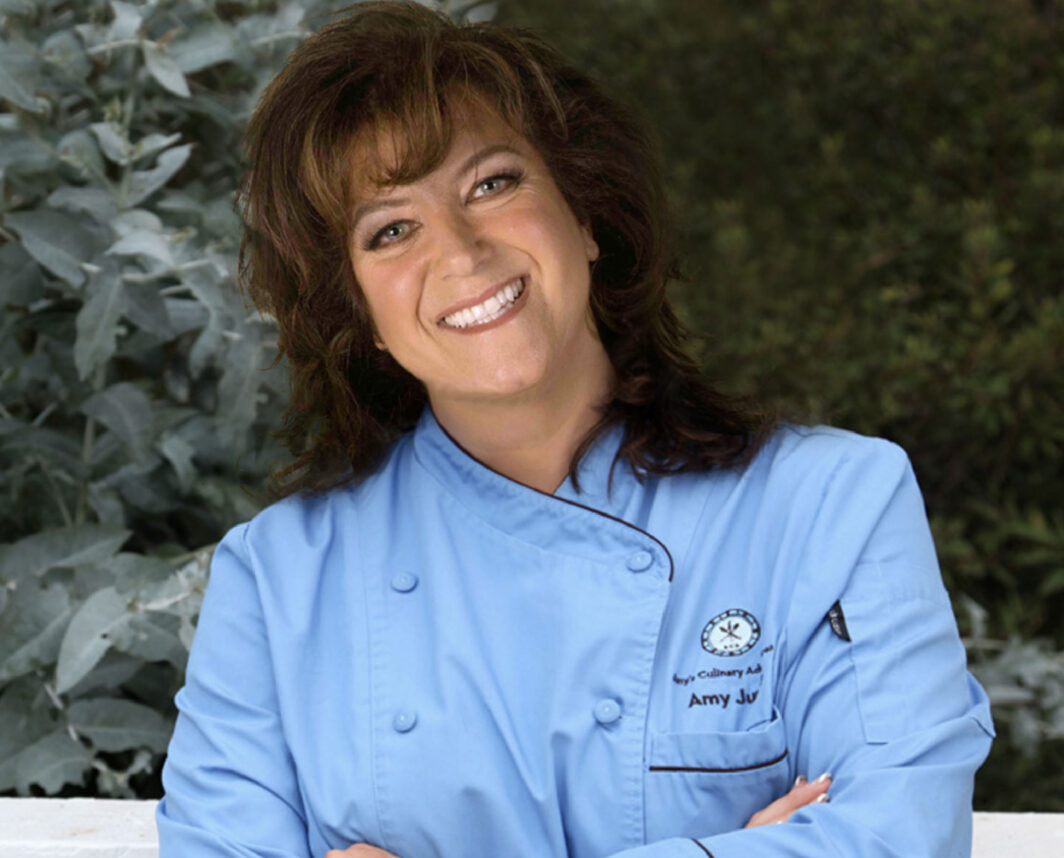
 More news and opinions than at a Shabbat dinner, right in your inbox.
More news and opinions than at a Shabbat dinner, right in your inbox.